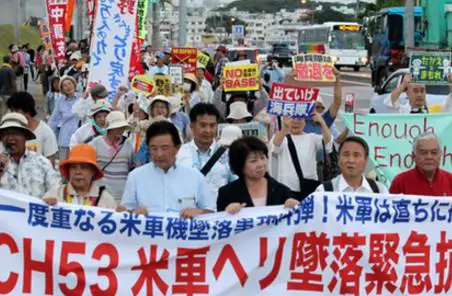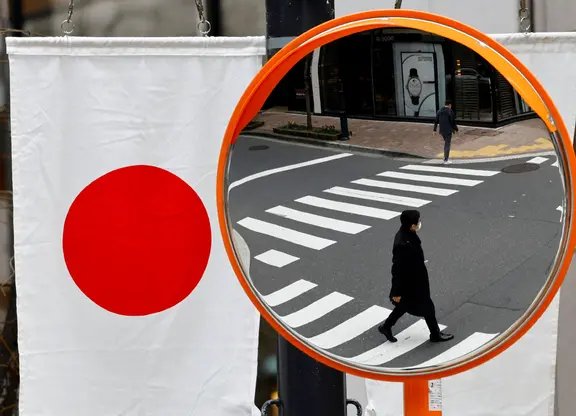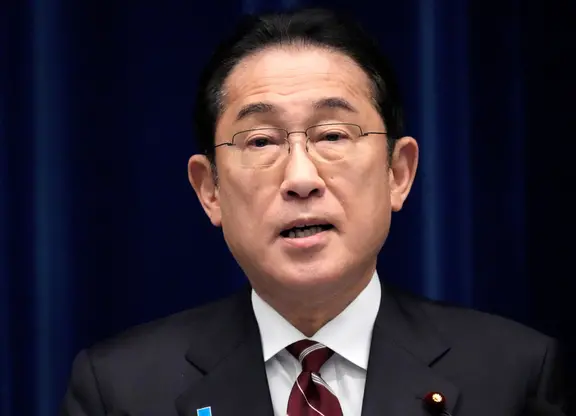A draft amendment to the consumer rights law has ignited debate regarding its fairness, as it calls for a seven-day "cooling-off" period that would allow shoppers to return merchandise for a full refund.
The draft ensures e-shoppers' right of choice and grants them the right to unilaterally terminate contracts.
"Consumers have the right to return goods within seven days and get a refund," according to the proposal.
An employee of an online store prepares orders for shipping in Zhejiang province. (Photo/Xinhua)
The draft amendment has won overwhelming support among online shoppers.
A poll conducted by the Nanfang Metropolis Daily showed that more than 30 percent of respondents voted in favor of the proposal. About 40 percent said they believe the cooling-off period specified in the amendment has already been adopted by some online vendors.
"Online shoppers can only see photos, which are often dissimilar to the products that are actually received. The rule could dispel refund worries and give shoppers more assurance," wrote one netizen on Sina Weibo, the Chinese equivalent of Twitter.
Online shopping is booming in China. However, the current consumer rights law, which was enacted in 1993, does not address e-commerce at all.
Consumers do not have as many advantages as vendors and the cooling-off period will play a helpful role in protecting consumers' interests, said Jiang Zhuangde, a deputy to the National People's Congress, China's top legislature.
However, other lawmakers do not believe that the amendment will truly strike a balance between the rights of consumers and vendors.
"Customers have the right of choice, as well as the liability of selection. Unconditional returns may result in illicit competition among sellers, which could disturb market order," said legislator Xu Weigang.
The online commerce industry has experienced rapid growth in China. The trade value of e-commerce in the first quarter of 2013 topped 2.4 trillion yuan (about 389.4 billion U.S. dollars), up 45 percent year on year, according to statistics from the Ministry of Industry and Information Technology.
Some lawmakers also voiced concerns about the potential harm that the regulation could bring to online store owners.
The unconditional right to return goods within seven days may damage online businesses, many of which are small in size, said legislator Wu Xiaoling, adding that sellers should clarify the conditions under which customers can get a refund.
"It's unfair to us," said Zhang Xiaoli, an online vendor who sells cosmetics on Taobao, a consumer-to-consumer (C2C) website similar to eBay, adding that the cooling-off period may prompt a surge in refunds and increase sellers' operation costs.
"On many occasions, consumers ask for a refund not because of the poor quality of the products, but the subjective excuse of not having made up their mind," Zhao said.
Legislator Gu Shengzu said the cooling-off period specified in the draft amendment needs to be further studied.
 简体中文
简体中文





















